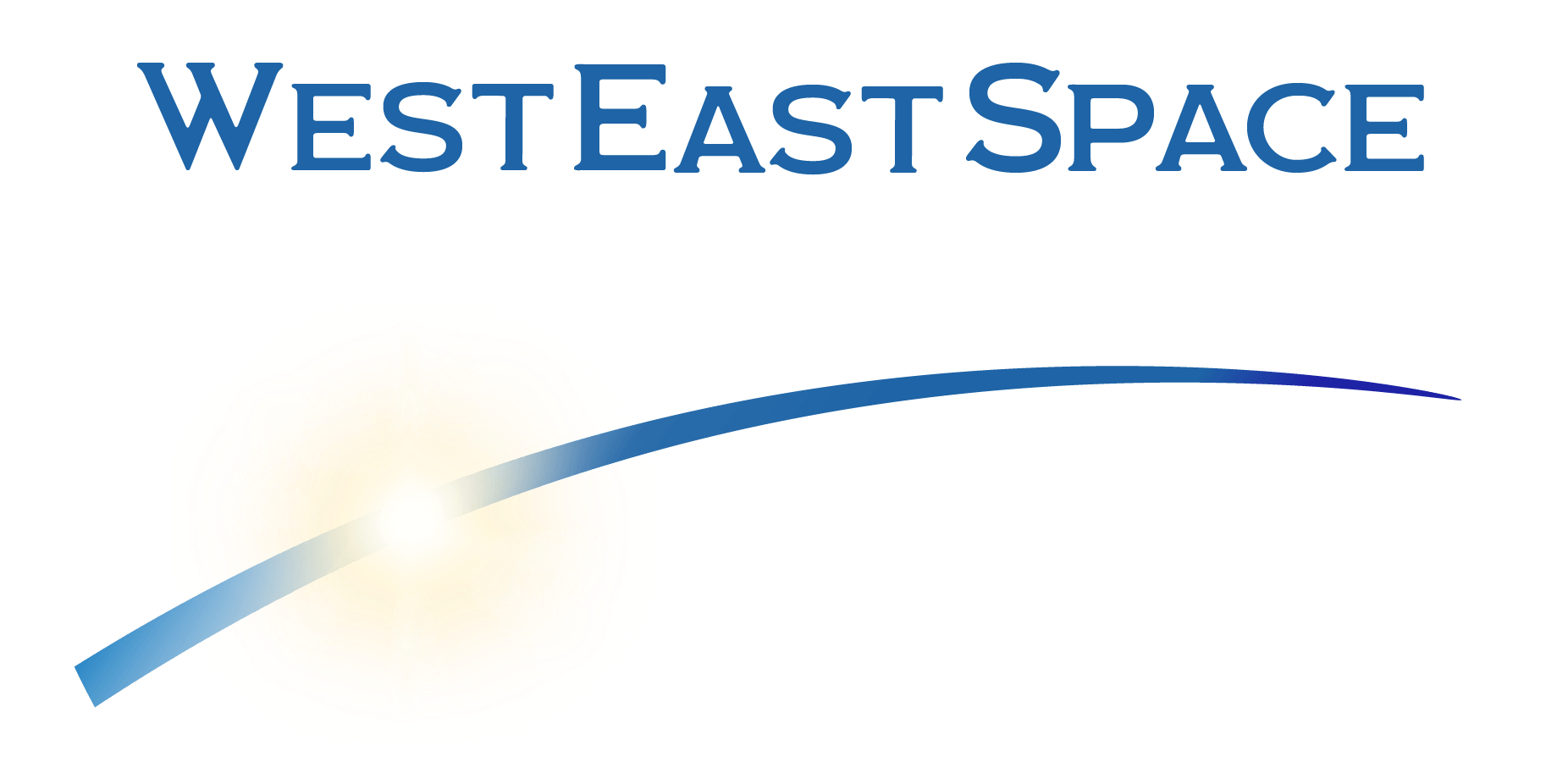Best Frenemies Ever: CASC, CASIC, and the Aerospace Bridge
By Blaine Curcio
June 17, 2019

The Chinese space industry has a long and storied history with the Chinese government—specifically, it was almost entirely government-owned until 2014. As an indication of its state-ownership, almost all significant Chinese space companies are headquartered in Beijing, with most of them headquartered in the Western half of the city.
Of all the Chinese space companies headquartered in Beijing, China Aerospace Science and Technology Corp (CASC) and China Aerospace Science and Industry Corp (CASIC) are two of the largest, and two of the very best frenemies one could ask for. Each with annual revenues of around US$35 billion, the companies are both entirely state-owned, thus having the same “parent company” (the government), yet they are also competitors across several space verticals.
As one would expect from typical best frenemies, these two roughly equally-sized state-owned giants have two roughly equally-sized, vaguely similar-looking headquarters buildings, 2 doors down from one another in Western Beijing. Located at number 16 and number 8 Fuchengmen Road, CASC and CASIC’s headquarters are located just next to one of the most appropriately-named bridges in the world, the Hang Tian Qiao or Space/Aerospace Bridge (航天桥). Running along the 3rd Ring Road, from the Aerospace Bridge one can look east into Central Beijing, and west towards the 4th ring road.


Sibling Dynamics
As the primary state aerospace contractor, CASC would tend to be the “big sister” of the two sister organizations. On the other hand, CASIC, with deeper roots in defense contracting (i.e. missile manufacturing, among other things), has been a relatively minor player in the space industry historically. This is starting to change, as CASIC is investing more into improving its capabilities in various space domains, however for the time being CASC remains for the most part the primary contractor on Chinese government space missions, while CASIC would subcontract some parts of the mission as assigned by CASC. Unexpectedly, the current dynamic has led to CASIC being a proponent of space commercialization in China, as commercialization would implicitly weaken the monopoly power of CASC.
One strategy employed by CASIC to now has been to invest significant funds into cities such as Wuhan, in Hubei province. In Wuhan, CASIC is building out the Wuhan Aerospace Industrial Base, a project that aims to house commercial launch manufacturing, smallsat manufacturing, and a variety of other space-related activities. By pushing investment into cities that are not Beijing, CASIC is able to have comparatively larger clout with the government of the site of the investment (for example, the Mayor of Wuhan as compared to the Mayor of Beijing), while also benefiting from lower cost of labor, although with the caveat that good space labor is harder to find outside of Beijing. On the whole, the two companies are increasingly competing with one another in specific areas, while also working with the plethora of private Chinese space startups in some instances to try to tap into new innovations. This has included, most notably, Expace, a nominally private launch company that has raised around US$200 million in funding, believed to be almost entirely from CASIC, for the purposes of developing a fast-response rocket, the Kuaizhou series.
The Chinese space industry appears to be on the cusp of more commercialization, however for the foreseeable future, it will remain dominated by CASC and CASIC, if for no other reason than the scale that they enjoy today. For example, the total private funding that has been raised by all Chinese launch, smallsat, constellation, and EO companies is less than US$1 billion. The combined annual revenues of CASC and CASIC are US$70 billion. Simply put, it will take a very, very long time for the private companies to even make a dent in the industry.
With that being the case, the commercialization story of space in China, at least at a large scale, will likely be a story of increasing competition between CASC and CASIC for government projects, with private commercial companies filling niches between the two giants, these two excellent frenemies.
About The Author

Blaine Curcio
Founder at Orbital Gateway Consulting
Blaine Curcio has spent most of his career working in the satellite communications and commercial space industry, with experience at satellite operator SES, and with a multiple industry consulting and research firms. Blaine has spent his entire career in Asia, and is a recognized expert on several topics related to China. This has included giving lectures on the Belt and Road Initiative, China’s macroeconomy, and the Chinese space industry. He regularly attends conferences throughout Asia as a speaker and moderator, and is a contributor to SpaceWatch.Global, Talk Satellite, and the Satellite Executive Briefing, among other industry publications.

0 Comments